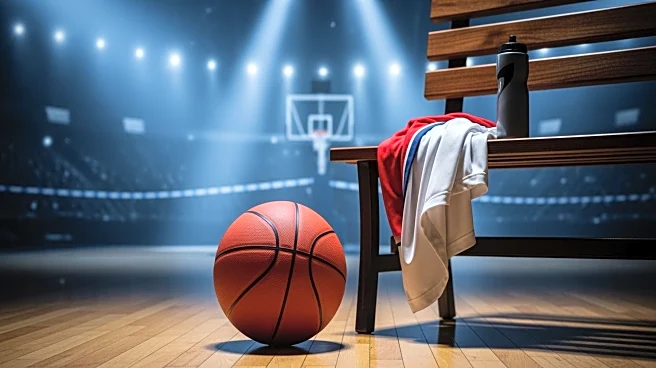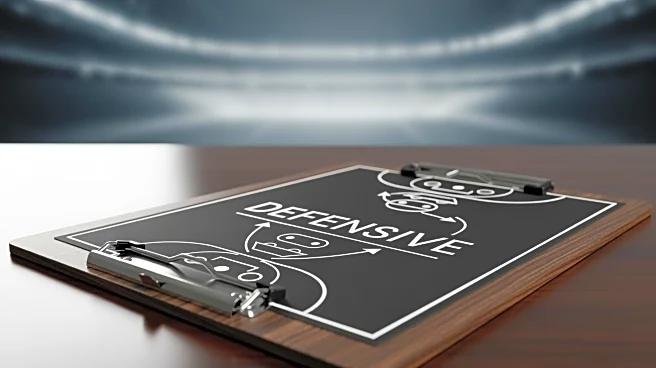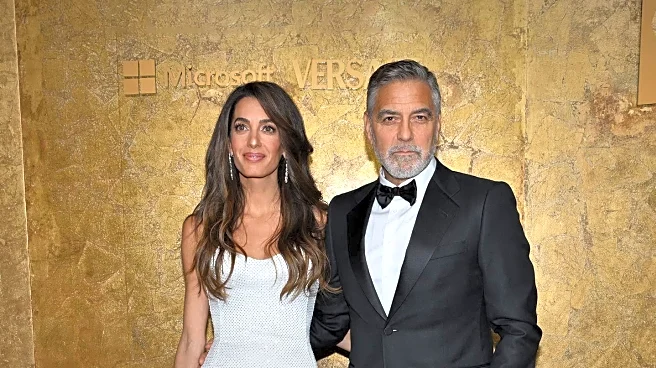What's Happening?
The NCAA has expressed concerns to Kalshi, a company offering prediction markets on college sports, regarding the integrity of its contests and the protection of participants. In a letter dated October 30, NCAA Chief Legal Officer Scott Bearby questioned
Kalshi's methods for monitoring collegiate sports markets, identifying prohibited customers, and reporting integrity concerns. The NCAA also inquired whether Kalshi would cooperate with investigations and consider banning prediction markets similar to prop bets, which are seen as increasing risks of integrity and harassment issues. Kalshi, which operates as a federally licensed financial exchange, is currently reviewing the NCAA's requests and adjusting its website language to address concerns about implied relationships.
Why It's Important?
This development highlights the growing tension between traditional sports organizations and emerging prediction markets. The NCAA's concerns reflect broader issues of integrity and participant protection in sports betting, especially as prediction markets like Kalshi gain popularity. The NCAA's stance could influence regulatory approaches and impact how prediction markets operate, potentially affecting the betting industry and collegiate sports. Stakeholders such as student-athletes, sports organizations, and betting companies may face increased scrutiny and regulatory challenges, shaping the future of sports wagering.
What's Next?
Kalshi is currently addressing the NCAA's requests, including reviewing its website language and considering adjustments to its market offerings. The company is also involved in legal battles with state gambling regulators over its operations. The NCAA may continue to monitor and investigate betting violations, potentially leading to further regulatory actions. The outcome of these interactions could set precedents for how prediction markets are regulated and integrated into the sports betting landscape.
Beyond the Headlines
The ethical implications of prediction markets in sports are significant, as they raise questions about the influence of betting on athlete performance and the integrity of competitions. The NCAA's actions may prompt broader discussions on the role of betting in sports and the responsibilities of companies like Kalshi in maintaining fair play. Long-term, this could lead to shifts in how sports betting is perceived and regulated, impacting cultural attitudes towards gambling in sports.















